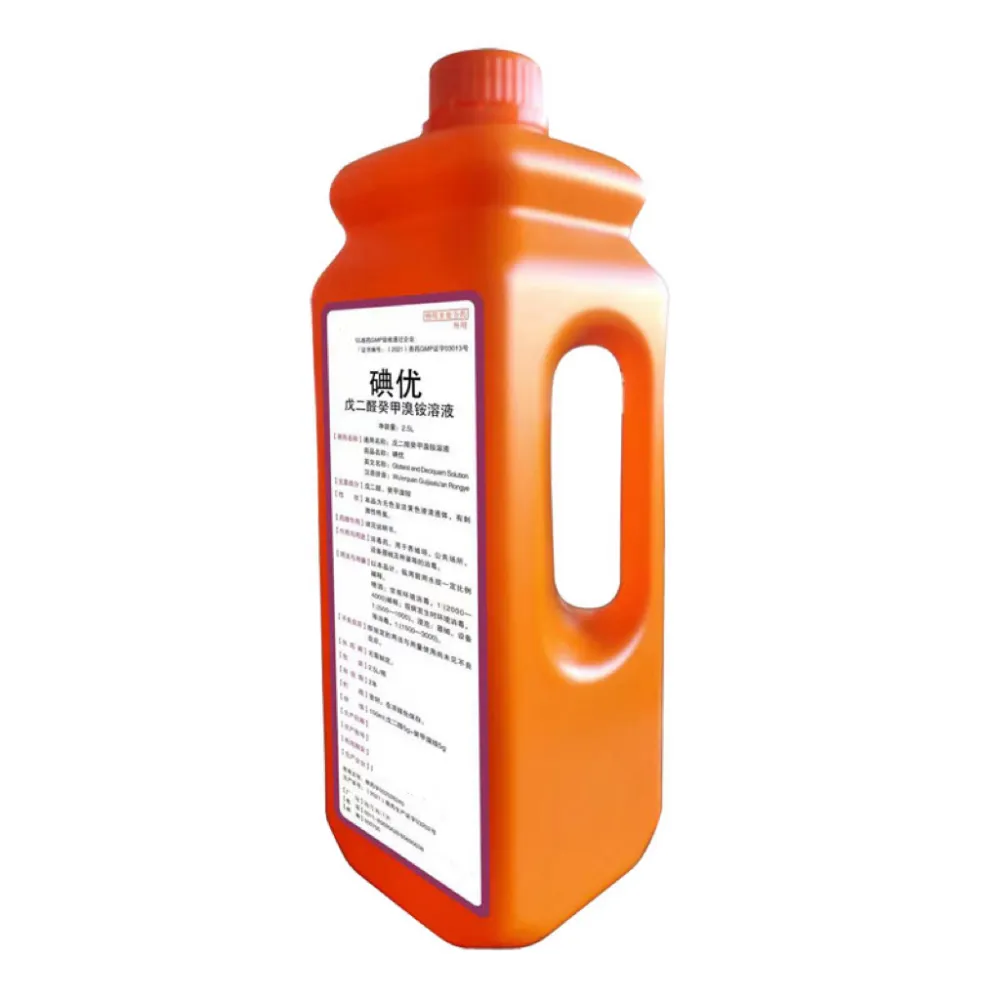- Afrikaans
- Albanian
- Amharic
- Arabic
- Armenian
- Azerbaijani
- Basque
- Belarusian
- Bengali
- Bosnian
- Bulgarian
- Catalan
- Cebuano
- Corsican
- Croatian
- Czech
- Danish
- Dutch
- English
- Esperanto
- Estonian
- Finnish
- French
- Frisian
- Galician
- Georgian
- German
- Greek
- Gujarati
- Haitian Creole
- hausa
- hawaiian
- Hebrew
- Hindi
- Miao
- Hungarian
- Icelandic
- igbo
- Indonesian
- irish
- Italian
- Japanese
- Javanese
- Kannada
- kazakh
- Khmer
- Rwandese
- Korean
- Kurdish
- Kyrgyz
- Lao
- Latin
- Latvian
- Lithuanian
- Luxembourgish
- Macedonian
- Malgashi
- Malay
- Malayalam
- Maltese
- Maori
- Marathi
- Mongolian
- Myanmar
- Nepali
- Norwegian
- Norwegian
- Occitan
- Pashto
- Persian
- Polish
- Portuguese
- Punjabi
- Romanian
- Russian
- Samoan
- Scottish Gaelic
- Serbian
- Sesotho
- Shona
- Sindhi
- Sinhala
- Slovak
- Slovenian
- Somali
- Spanish
- Sundanese
- Swahili
- Swedish
- Tagalog
- Tajik
- Tamil
- Tatar
- Telugu
- Thai
- Turkish
- Turkmen
- Ukrainian
- Urdu
- Uighur
- Uzbek
- Vietnamese
- Welsh
- Bantu
- Yiddish
- Yoruba
- Zulu
10 月 . 30, 2024 23:40 Back to list
enrotril injection
Enrotril Injection An Overview
Enrotril injection is a veterinary antimicrobial agent primarily used for the treatment of bacterial infections in animals. This medication belongs to the fluoroquinolone class of antibiotics, known for its broad-spectrum efficacy against a variety of Gram-negative and some Gram-positive bacteria. The active ingredient in Enrotril is enrofloxacin, which works by inhibiting bacterial DNA gyrase, an enzyme critical for DNA replication and repair. This action effectively slows down bacterial growth and helps clear infections from infected tissues.
Indications
Enrotril injection is commonly indicated for the treatment of different infectious diseases in several animal species, particularly in livestock and companion animals. It is especially effective against respiratory tract infections, urinary tract infections, and skin infections, among others. Commonly treated species include cattle, pigs, dogs, and cats. Its rapid absorption and diverse tissue distribution make it highly effective, allowing for prompt therapeutic action.
Administration and Dosage
The administration of Enrotril injection varies depending on the species and the severity of the infection. It is typically given via subcutaneous or intramuscular injection. Veterinarians determine the appropriate dosage based on the animal's weight and overall health condition. It's crucial to follow the prescribed dosage regimen to prevent antibiotic resistance and maximize treatment efficacy. Generally, treatment duration ranges from a few days to a couple of weeks, and should always be completed to ensure a full recovery.
Benefits
enrotril injection

One of the prominent advantages of Enrotril injection is its ability to target and eradicate infections caused by multi-drug resistant bacteria. Its ease of administration and the relatively quick onset of action make it a preferred choice for many veterinarians. Additionally, it has shown to have favorable pharmacokinetics, allowing for once-daily dosing in many cases, which enhances compliance in treating animal diseases.
Safety and Side Effects
While Enrotril is generally well-tolerated, it is not without potential side effects. Some animals may experience gastrointestinal upset, such as vomiting or diarrhea. Rare side effects can include neurological symptoms or allergic reactions. Therefore, it is vital for pet owners and farmers to monitor their animals closely during treatment and report any unusual behaviors or symptoms to their veterinary professionals.
Regulatory Considerations
As with all veterinary drugs, Enrotril injection is subject to regulations that govern its use. It is essential for veterinary practitioners to adhere strictly to withdrawal times for livestock intended for human consumption to ensure food safety. These regulations are put in place to minimize the risk of antibiotic residues in food products.
Conclusion
Enrotril injection serves as an important tool in the management of bacterial infections in veterinary medicine. Its effectiveness, safety profile, and ease of administration make it a preferred choice among veterinarians. However, like all antibiotics, it should be used judiciously to minimize the development of resistance and to ensure the long-term efficacy of this valuable therapeutic agent. Responsible use, guided by veterinary professionals, is crucial in maintaining animal health and welfare while safeguarding public health.
-
The Power of Radix Isatidis Extract for Your Health and Wellness
NewsOct.29,2024
-
Neomycin Sulfate Soluble Powder: A Versatile Solution for Pet Health
NewsOct.29,2024
-
Lincomycin Hydrochloride Soluble Powder – The Essential Solution
NewsOct.29,2024
-
Garamycin Gentamicin Sulfate for Effective Infection Control
NewsOct.29,2024
-
Doxycycline Hyclate Soluble Powder: Your Antibiotic Needs
NewsOct.29,2024
-
Tilmicosin Premix: The Ultimate Solution for Poultry Health
NewsOct.29,2024













